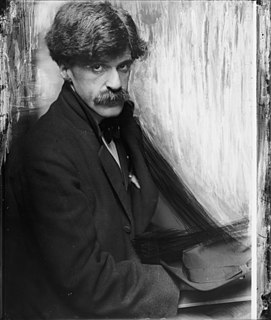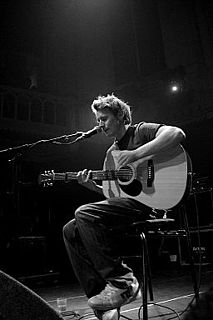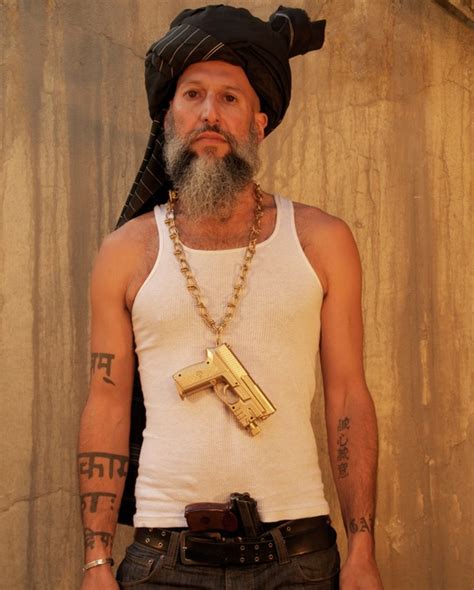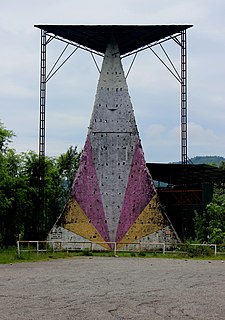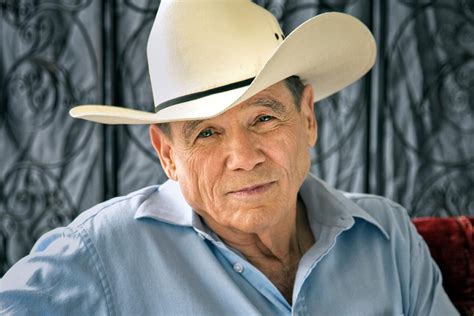A Quote by Rick Moody
I sort of hate the novel when it doesn't push, restlessly, against the tradition and the traditional.
Related Quotes
I'm a humorist. A guy like Paul Simon just makes my life so much simpler. When I was there, he had a hearing against hate. Steven Spielberg came and testified against hate. Paul Simon said hate was bad. Orrin Hatch was there, and he was against hate too. Everyone was opposed to hate. Is this really a wonderful way to spend our tax dollars, to have these men drone away about how against hate they are?
I detest tradition for tradition's sake; the half-alive; that which is not real. I feel no hatred of individuals, but of customs, traditions; superstitions that go against life, against truth, against the reality of experience, against the spontaneous living out of the sense of wonder-of fresh experience, freshly seen and communicated.
The Anglo-American tradition is much more linear than the European tradition. If you think about writers like Borges, Calvino, Perec or Marquez, they're not bound in the same sort of way. They don't come out of the classic 19th-century novel, which is where all the problems start. 19th-century novels are fabulous and we should all read them, but we shouldn't write them.
I use are provisional terms, and they usually put any proper nouns in critical distance. I'm in a tradition of people who resist naming, fixity. That means it's a tradition of people who insist on mobility, who defy proper nouns and genres and those kinds of things. When I push back against the word 'jazz' it's because I've learned that from many, many elders who think that way. I'm not just being a jerk.
What is literary tradition? What is a classic? What is a canonical view of tradition? How are canons of accepted classics formed,and how are they unformed? I think that all these quite traditional questions can take one simplistic but still dialectical question as their summing up: do we choose tradition or does it choose us, and why is it necessary that a choosing take place, or a being chosen? What happens if one tries to write, or to teach, or to think, or even to read without the sense of a tradition? Why, nothing at all happens, just nothing.





